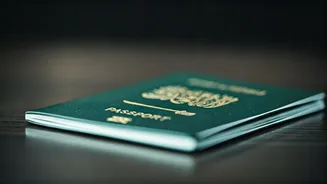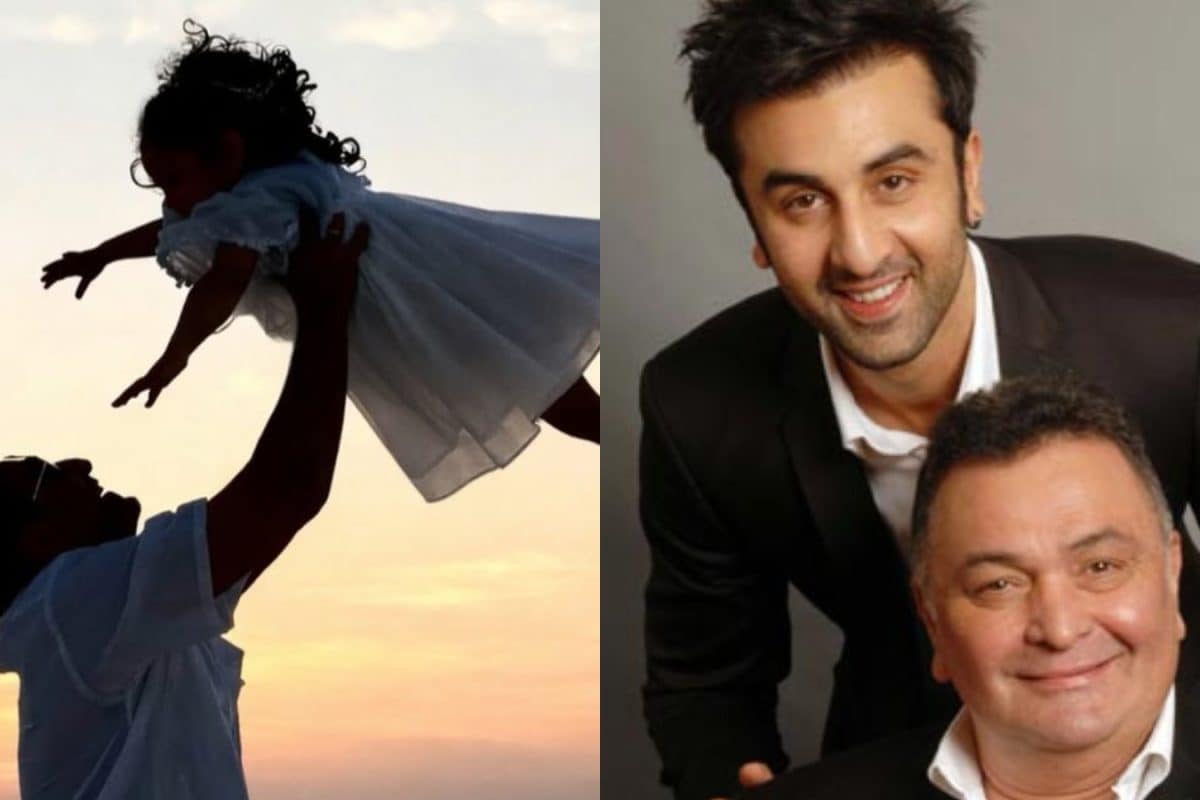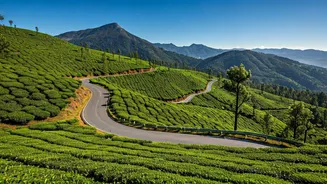Kafala System Ends
For decades, the Kafala system governed the lives of millions of migrant workers in Saudi Arabia. This system tied workers' visas to their employers, limiting
their freedom and mobility. The recent abolishment of Kafala marks a historic shift, granting workers more rights and independence. Now, employees are not bound to a single employer, giving them the flexibility to change jobs and manage their affairs more autonomously. This reform is expected to improve working conditions and enhance worker well-being, fostering a fairer and more equitable environment for foreign nationals within the Kingdom, with many workers celebrating the new freedoms.
Freedom, New Rights
The end of the Kafala system translates to increased autonomy for workers. They can now switch jobs, leave the country, and manage their employment without requiring their employer's consent. This grants them greater control over their lives and provides opportunities for career advancement. Furthermore, the reforms introduce improved labor protections, including better enforcement of contracts and more avenues for resolving disputes. These changes empower workers, allowing them to advocate for their rights and challenge unfair practices. The objective is to make Saudi Arabia a more attractive destination for skilled workers, contributing to the nation's economic diversification and growth.
Premium Residency Program
Alongside the dismantling of Kafala, Saudi Arabia offers a Premium Residency program, opening doors for long-term residency. This initiative provides a streamlined pathway to residency, with numerous advantages, especially for investors and skilled professionals. The program is designed to attract those who can contribute to the Kingdom's economic development, offering various benefits like the ability to live, work, and own property without needing a sponsor. The program’s main goal is to create a more favorable business environment and attract substantial foreign investment, which will help to stimulate the economy and support the nation’s Vision 2030.
Benefits of Residency
The Premium Residency program offers significant advantages. Holders gain the right to live and work in Saudi Arabia, along with the freedom to own businesses and properties. They also get priority in various government services and enjoy the privilege of sponsoring family members. This residency program presents opportunities for those looking to establish a long-term presence in the country. It promotes stability and provides a foundation for individuals and families who plan to make Saudi Arabia their home, with many seeing this as a great opportunity.
SAR 4,000 Gateway
The Premium Residency program is available for a fee of SAR 4,000, presenting a financially accessible pathway for eligible individuals. This fee provides access to a multitude of benefits, eliminating the need for a sponsor and streamlining the residency process. The investment in the Premium Residency program is a sound option, providing a secure and advantageous future in Saudi Arabia. The straightforward application process and associated benefits make it an attractive option for those looking to invest in a long-term residency within the Kingdom. This straightforward procedure and related benefits have attracted many interested individuals.
Indian Residents: How To?
For Indian residents, understanding the requirements and application process for both the Premium Residency and the implications of the end of the Kafala system is crucial. Indian nationals are encouraged to explore these opportunities, ensuring they meet the eligibility criteria and submit the necessary documentation. This can involve gathering the necessary financial records, educational qualifications, and other supporting documents to ensure a seamless application process. Seeking advice from legal and financial experts, familiar with Saudi Arabian immigration laws, can also provide guidance and ensure compliance with all regulations. Proper preparation will help Indian citizens take advantage of the new opportunities in Saudi Arabia.














